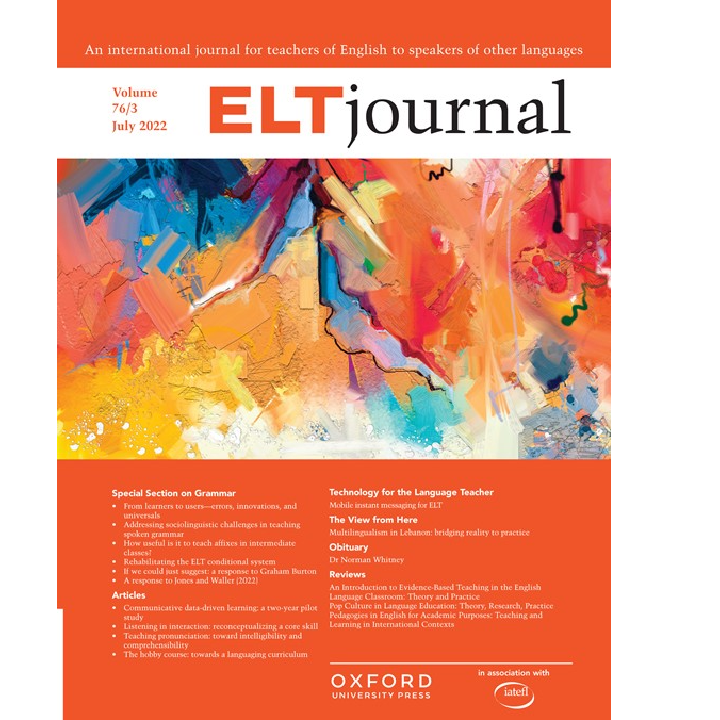
Challenging monolingual norms: ESL teacher education to advance language learners’ plurilingual and pluricultural awareness
Multilingualism is the norm in many societies across the globe, and Canada is no exception. Colonialism, immigration and mobility have transformed the way people use language(s) and navigate relations of power in society. Despite this diverse reality, language education continues to follow a one-language-only approach, and learners are expected to perform based on standard monolingual norms. Previous research shows that while language teachers value linguistically and culturally inclusive language classrooms, implementing pedagogical change is still a challenge. To address this issue, our chapter presents pedagogical resources developed as part of a Quebec-funded project in a Teaching English as a Second Language (TESL) teacher education program in the multilingual and multicultural city of Montreal, Canada. To facilitate teacher development in plurilingual pedagogies, we drew from the theoretical concepts of plurilingualism, pluriculturalism and identity to design educational materials that consisted of a YouTube Playlist with tutorials, VoiceThread discussions, an action-oriented task template and pre-service teacher reflections. We discuss how our resources can facilitate a shift in teachers’ mindsets from monolingual to plurilingual approaches to teaching additional languages in Canada and other multilingual and multicultural contexts. We end the chapter by discussing implications and challenges such as monolingual and bilingual policies that can undermine learners’ plurilingual identities.